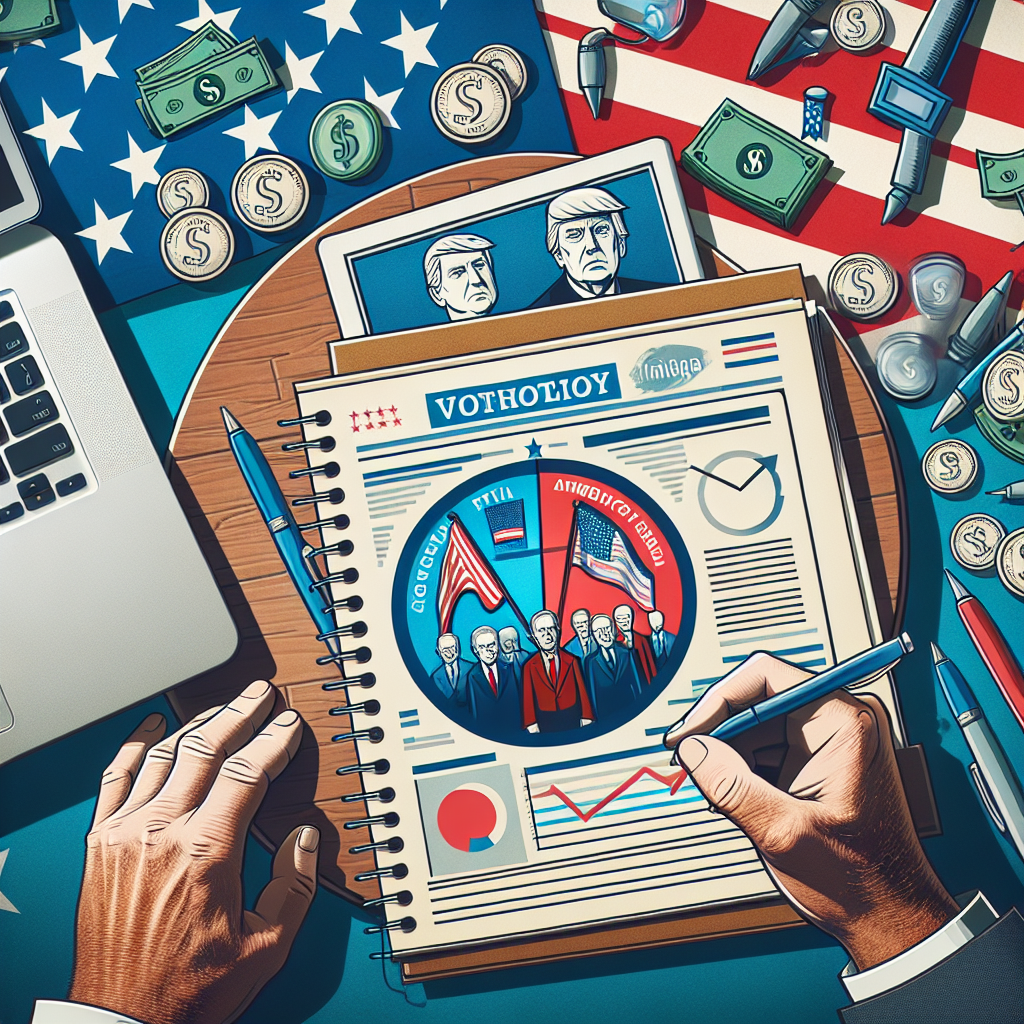In the context of the ongoing presidential race, Paul Manafort, who formerly served as Trump’s campaign manager, has provided insights into the political landscape leading up to the elections. Currently, the electoral environment is highly dynamic, with various factors influencing candidate visibility and public opinion. Manafort emphasizes the importance of fundraising, media exposure, and strategic messaging for candidates. As political campaigns increasingly rely on digital platforms, understanding how to effectively engage with voters online is crucial for success.
Manafort highlights the role of polling in shaping perceptions and strategies during campaigns. Polls not only reflect public opinion but also influence the decisions made by campaign managers and advisors. Candidates often adjust their approaches based on polling data, aiming to resonate with voters. Manafort argues that while polls can provide useful insights, they should be interpreted cautiously, as they can be swayed by various external elements, including political events and media coverage.
The former campaign manager also sheds light on the competitive nature of primary elections. With multiple candidates vying for attention and resources, the ability to stand out is vital. Manafort notes that candidates must differentiate themselves from one another while also focusing on the core issues that matter to the electorate. Crafting a compelling narrative that connects with voters on a personal level can be a game-changer, influencing both primary outcomes and general election prospects.
Moreover, Manafort discusses the significance of endorsements in shaping candidate viability. High-profile endorsements can lend credibility and attract support from undecided voters. As seen in past elections, strategic endorsements can help establish momentum and bolster fundraising efforts. Candidates often seek endorsements from influential figures to amplify their message and widen their reach, highlighting the interconnectedness of interpersonal relationships and campaign strategy.
Social media plays an increasingly pivotal role in modern campaigns, and Manafort emphasizes its potential to both expand outreach and create controversy. Platforms like Twitter and Facebook provide candidates with direct communication channels to voters but also expose them to greater scrutiny. Manafort underscores the necessity for campaigns to manage their online presence effectively, adapting to shifts in public sentiment and responding to critiques swiftly. Navigating the digital landscape – where a single post can go viral – requires agility and a keen understanding of the target audience.
Finally, Manafort reflects on the broader implications for the future of American politics, as the current campaign season further evolves. With significant polarization in voter sentiment and the influence of outside factors, such as party dynamics and grassroots movements, the presidential race is becoming more unpredictable. The lessons from previous campaigns can inform strategies for navigating current challenges. As candidates prepare for the final phases of their campaigns, the need for adaptability and strategic foresight remains paramount in striving for electoral success.

